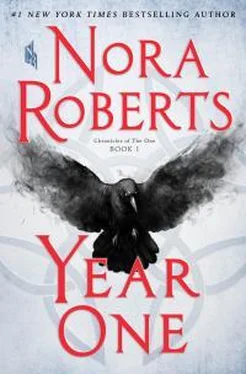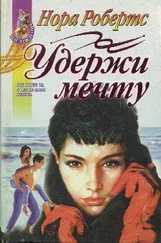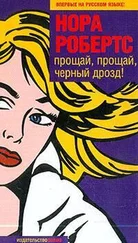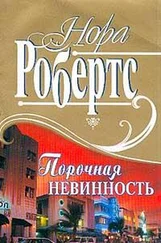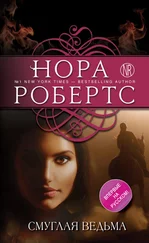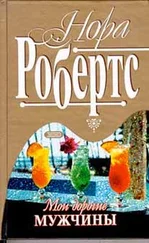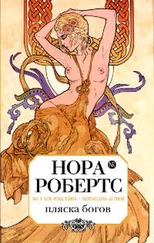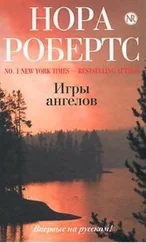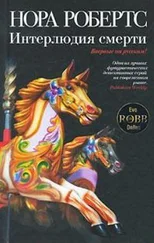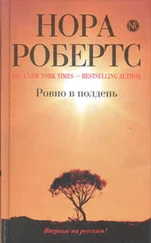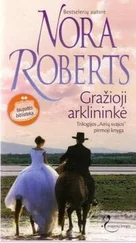GSWs, knife wounds, broken bones, head injuries.
Some sat quietly, hopelessly, like the man with the boy of about seven in his lap. Or the woman with glassy, feverish eyes praying with a rosary. Death spread so thick in them, so black, he knew they wouldn’t last the day.
Others raged, screaming, demanding, spittle flying out of snarling mouths. He thought it a shame their last act in life would be one of such ugliness.
Fights broke out regularly, but rarely lasted long. The virus so destroyed the body that even a world champ would drop after giving or receiving a couple of punches.
The medical staff, what was left of them, did what they could. There were beds available, he knew. Oh, there were plenty of beds, open ORs, treatment rooms. But not enough doctors, nurses, interns, orderlies to treat and stitch and staunch.
No beds in the morgue—he knew that, too. No vacancies there, and bodies piled up like grim Lincoln Logs.
Most of the medical staff? Dead or fled. Patti, his partner of four years. Patti, the mother of two who’d loved head-banging rock, horror movies (the grislier the better), and Mexican food—don’t spare the Tabasco—had fled, kids in tow, to Florida during week two. She’d fled because her father—avid golfer living the good life in Tampa—had died, and her mother—retired teacher, literacy volunteer, ardent knitter—was dying.
He’d seen the Doom in Patti, along with her fear, her grief, when she’d said good-bye. He’d known he’d never see her again.
Her, or the cute nurse who’d liked scrubs with kittens or puppies on them. The gum-snapping orderly, the eager intern who hoped to be a surgeon, and dozens, dozens more.
They dropped like flies, some at home, some struggling to work. He’d brought in a few himself—by himself now. Like the hospital staff, paramedics, EMTs, firefighters, cops had all seen their ranks decimated.
Dead or fled.
Rachel lived—pretty, dedicated Dr. Hopman. He’d see her fighting against the tide of the Doom. Overworked, exhausted, but never panicked. He’d come to look for her, to look into her.
She gave him hope.
Then he’d stay away, locked in his apartment, locked in the dark because hope hurt.
But he’d come back, looking for that tiny spark, that bit of light in a cruel world. And all he saw was death, pressing at him, clawing at him, mocking him for his ability to see it and do nothing.
So he wandered the ER, wandered out of it, accepting the decision he’d made in the dark. This would be his last time to search for hope.
He looked to treatment rooms, saw death. Looked at supply rooms, saw the ravages there.
Maybe he’d take a tour, one last tour.
Outside of the ER, the hospital echoed like a tomb. Maybe that was appropriate, he thought. Maybe that was a sign. And God knew the quiet soothed.
Everything would be quiet soon.
He walked into the staff break room—he had some good memories in there he wanted to take with him. He saw Rachel sitting at one of the tables, drawing her own blood.
“What’re you doing?”
She looked up. Worry, fatigue, still no panic. Still no Doom.
“Close the door, Jonah.” She capped the sample, labeled it, set it with others in a rack. “I’m drawing blood. I’m immune. More than four weeks, and I’m asymptomatic. I’ve been exposed multiple times, and show no signs of the virus. Neither do you,” she observed. “Sit down. I want a sample.”
“Why?”
Calmly, she opened a fresh syringe. “Because everyone I’ve treated—every single patient—has died. Because I believe you brought Patient Zero into my ER: Ross MacLeod.”
When his legs went watery, Jonah sat.
“I…”
“I sent a report to the CDC weeks ago when I looked at the timeline, but I never heard back. They’re dying, too. I can’t get through, but I’ll try to send another report tomorrow. I want time before they get to us. Take off your jacket and roll up your sleeve.”
“‘Get to us’?”
“They’re in New York now—New York City, Chicago, D.C., L.A., Atlanta, of course.” She snapped on the rubber tourniquet. “Make a fist,” she said before she swabbed the inside of his elbow. “Doing sweeps. Looking for immunes like you and me, taking them in for testing. Whether or not they want to be taken.”
“How do you know?”
She smiled a little, sliding the needle in with barely a prick. “Doctors talk to doctors. I have a friend doing her residency in Chicago. Had. I think she’s dead now.”
When her voice broke, she sat a moment, breathing in and breathing out until she steadied.
“They came in—hazmat suits, tested staff. She didn’t pass, but they took away the ones who did. That was three days ago. Her brother worked at Sibley in D.C. They’ve taken that over. A combination task force sort of thing. CDC, NIH, WHO. They moved the sick to other area hospitals. Culled some out for observation, testing. The immune are in quarantine. Military quarantine. Her brother managed to get out and contact her, warn her. She did the same for me.”
“I’ve been listening to the news when I can get it.” When he could stand it. “I haven’t heard any of this.”
“If anyone in the media knows, they’ll keep a lid on it. Or find themselves in some holding area. That’s my guess.” She capped and labeled his blood sample, put a cotton ball and a Band-Aid on the tiny needle mark.
She sat back, looked into his eyes. “Healy’s immune, too.”
“I don’t know Healy.”
“Right, why would you? Lab rat—a good one. He’s been running his own tests. We ran plenty on the infected—starting with MacLeod. But we’re—he’s—running them on the immune now. While he can.”
Rachel looked around the break room like a woman who’d just surfaced from a deep pool.
“We’re a small hospital in Brooklyn, but they’ll get to us. If anyone finds my initial report, they’ll get to us faster, and I’ll be in quarantine, a test study.
“You, too,” she added, then pressed her fingers to her exhausted eyes. “You should stay away from here.”
“I just came to say good-bye.”
“Good thinking. We’re not doing any good. You bringing in the infected, me trying to treat them. A hundred percent mortality rate once infected. A hundred percent.”
She covered her face with her hands, shook her head when he touched her arm. “Minute,” she murmured, blowing out a long breath before she lowered her hands again. Her eyes, deep, dark brown, shimmered, but tears didn’t fall.
“I wanted to be a doctor all my life. Never wanted to be a princess or a ballerina, a rock star, a famous actress. A doctor. Emergency medicine. You’re there when people are sick and scared, hurt. You’re there. And now? It doesn’t make any difference.”
“No.” He felt the darkness close around him. “It doesn’t.”
“Maybe our blood will. Maybe Healy finds a miracle. Long odds, but maybe. But I’m going to do what I can while I can. You should go.” She laid a hand on his. “Find a safe place. Don’t come back here.”
He looked down at her hand. He knew it to be strong, capable. “I had sort of a crush on you.”
“I know.” She smiled at him when he looked back up at her. “Kind of a shame neither one of us acted on it. I—for various reasons—avoided entanglements. What’s your excuse?”
“Couldn’t get my guts up for it.”
“Our mistake. Too late now.” She drew her hand back, rose and picked up the rack of samples. “I’m going to take these up to Healy, stand as his lab assistant since he’s all that’s left in his department. Good luck, Jonah.”
He watched her go. No hope, he thought. He’d seen no hope in her. Strength, yes, but that spark of hope had died. He understood.
Читать дальше
